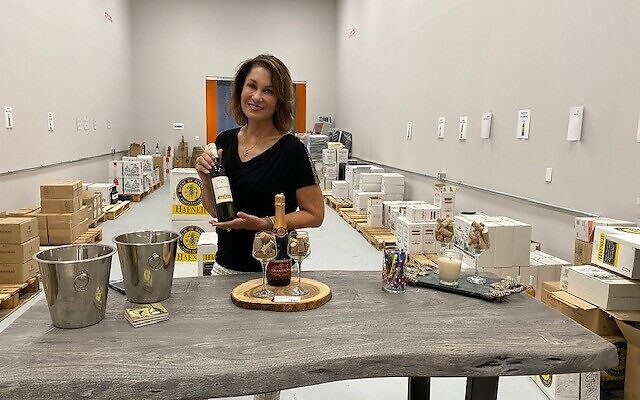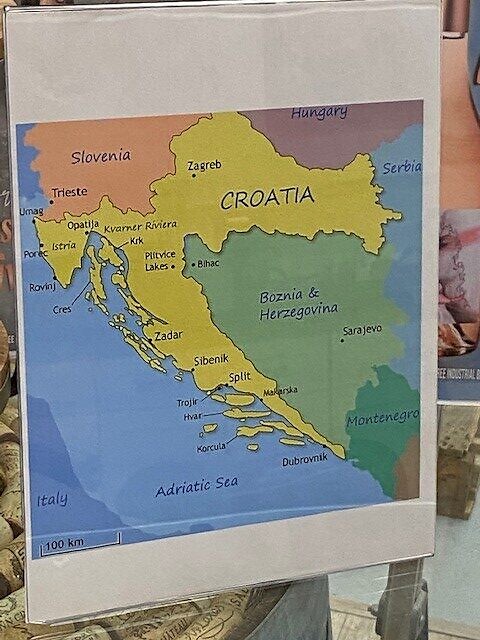Search for Family Roots Leads to Wine Biz
A trip to Croatia 10 years ago turned up history lesson and new wines.
Margo Grbinich-Hunt traveled to Croatia in 2009 in search of her family, but returned to Atlanta with a dream of starting a wine business.
She was born in Nuremberg, Germany, and grew up in the country. Her father was stationed there during the war but was a child of Croatian and Hungarian immigrants.
In 2009, Margo and her husband, Jerry Hunt, flew to Zagreb, the capital of Croatia, with just a few old pictures in hand, and began her search to discover cousins and extended family. In the process, they toured Croatia, which extends east and west from the Adriatic Sea to the Danube River, the Alps in the north and Dalmatia to the south. They were told stories of the Balkan Wars of the 1990s. And they listened as they tasted the Croatian wines that had been brought to the table. The aroma and taste, recalls Grbinich-Hunt, were so fresh and delicious, and very different from wines she had tasted in other countries.
Ten years later, in 2019, Grbinich-Hunt returned to visit her newly found cousins in Croatia and to learn more about the various wines, unusual grape varietals and their steadfast production dating back 3,500 years. And so, she founded Grbinich Wines, and became an importer and distributor of fine Croatian wines.
Grbinich Wines, Inc., expanded to include additional Eastern European wines and kosher selections of wines from countries of European Jewish heritage.
An interest in Austrian wines led her to feature a selection. Hafner Kashmir 2015 is a red blend wine from Austria. It is certified organic, vegan, and kosher for Passover, produced under strict supervision of Oberrabbiner A.Y. Schwartz, in Vienna, with 15% alcohol.
Grbinich-Hunt hosts tastings in her warehouse, mostly for retailers, and she enjoys pouring wines that may be new to her customers, explaining that Croatia is the home of zinfadel, a root stock that was brought to the U.S. during the Gold Rush.
Croatia produces both white and red wines, in a country that is about the size of South Carolina, with a population of 4 million, and with over 300 registered wineries.
Rabbi Reuven Stein of the Atlanta Kashruth Commission explains the importance and history of kosher wines.
“Kosher wine is very important in Judaism. All holidays and Shabbat are celebrated with wine. A Jewish baby is named over a cup of kosher wine. A couple is married over an overflowing cup. Any additives, yeasts, stabilizers and clarifiers all need to come from kosher sources.
“In most cases, only practicing Jewish workers can handle the wine in the cellar, from crushing grapes to tasting and bottling. Winemakers also need to be extra careful when sourcing yeasts, additives and fining agents, to make sure they are kosher, too.
“Once a bottle of unpasteurized (non meveushel, heated during production) wine has been opened, it could cease to be kosher if handled by anyone not observant of the Sabbath. U in a circle indicates that the wine is certified by Union of Orthodox Rabbis. K in a circle or in a star also indicates that the wine is kosher.”






comments